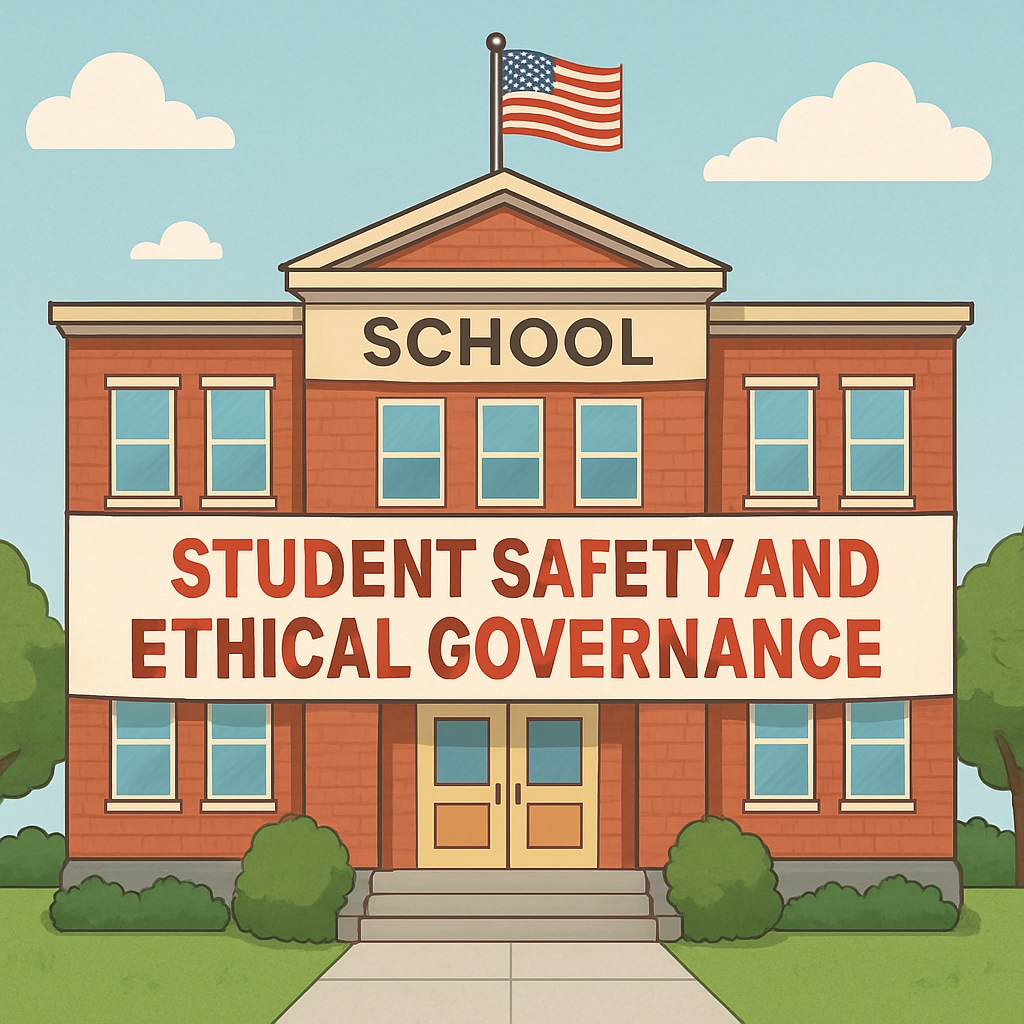When a school board member has a documented history of child abuse, it raises critical concerns about the integrity of the educational environment. Such revelations can foster unease among parents, educators, and students while undermining the moral foundation of the school system. Addressing these issues requires a proactive approach from the community to ensure the safety and well-being of all children.
Understanding the Impact of Child Abuse Histories in School Governance
The presence of a school board member with a history of child abuse presents unique challenges. School board members play a pivotal role in shaping policies, influencing school culture, and making decisions that directly impact students’ lives. When their past actions contradict the values of trust and safety, it creates a conflict that can erode public confidence in the educational system.
For example, parents may question whether such an individual can make unbiased decisions on policies related to child welfare. Moreover, educators might feel demoralized, knowing that someone with a questionable past is in a position of authority. These concerns, if unaddressed, can have long-term repercussions on the broader community.

Community Action: How to Address Concerns About School Board Members
When faced with the troubling history of a school board member, communities have several avenues to address the issue. Here are key steps residents can take:
- Organize Community Meetings: Bringing parents, teachers, and local leaders together creates a unified platform to discuss concerns and develop collective strategies.
- Petition for Transparency: Residents can formally request the school district to disclose the circumstances surrounding the board member’s history and the measures taken to mitigate risks.
- Engage Legal Counsel: Consulting legal experts can help determine if the board member’s history violates local or federal regulations, paving the way for potential action.
- Advocate for Policy Changes: Push for stricter vetting processes for school board candidates to prevent individuals with controversial pasts from assuming leadership roles.
- Raise Awareness: Use social media, local news outlets, and community events to inform the public and garner wider support for action.
Each of these steps plays a vital role in ensuring that schools remain safe and trustworthy spaces for children to learn and grow.
Legal Considerations and Ethical Accountability
It’s important to recognize that addressing this issue must be done within the bounds of the law. Defamation or harassment should be avoided, as these actions can undermine the legitimacy of the cause. Instead, communities should focus on ethical accountability.
For instance, they can demand that the school board member in question voluntarily step down to prioritize the well-being of students. Alternatively, residents can work to elect new board members who reflect the community’s values during the next election cycle.

Creating Lasting Change in School Systems
Beyond addressing immediate concerns, communities should work towards long-term solutions. Establishing a robust code of ethics for school board members, coupled with regular training on child safety and ethical leadership, can prevent similar situations in the future. Additionally, school districts can implement background checks as a mandatory part of the candidate selection process.
By taking these actions, communities can reinforce the importance of accountability and ensure that schools remain environments where children can thrive without fear or uncertainty.
In conclusion: The presence of a school board member with a history of child abuse is not just a personal issue but a community challenge. Through collective action, legal pathways, and ethical advocacy, residents can protect their schools and uphold the values of trust, integrity, and safety.
Readability guidance: This article employs short paragraphs, clear headings, and a balance of actionable advice to ensure readability. The use of lists and transition words promotes clarity and engagement.


